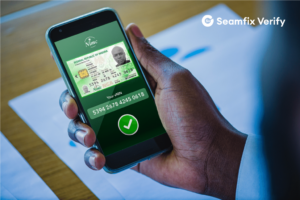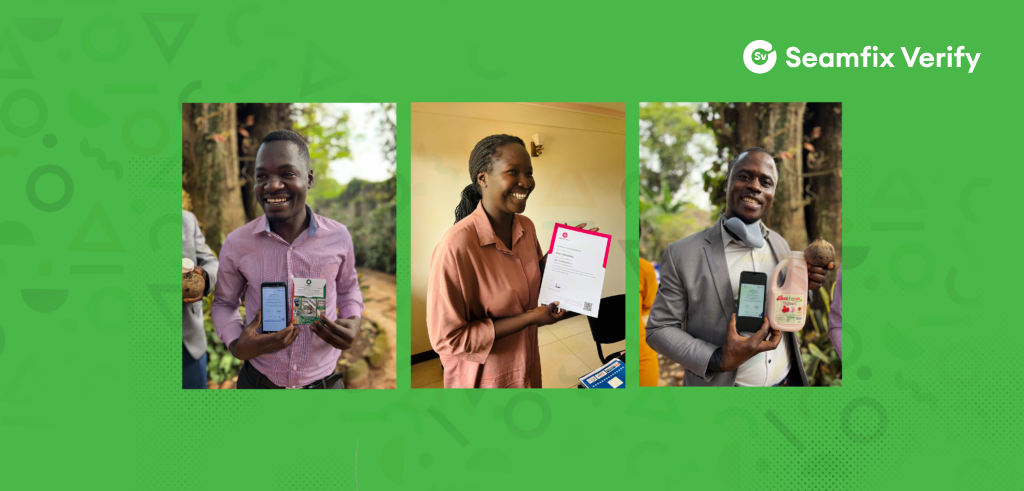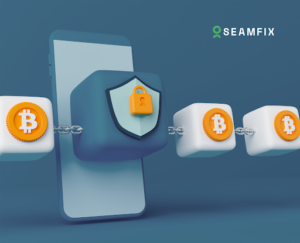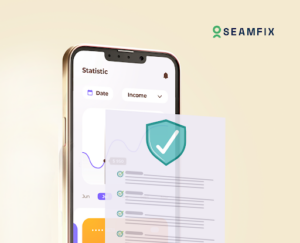Sustainable Development Goals (SDG Target 16.6.2) evaluates the percentage of the population satisfied with their last experience with public services, encompassing healthcare, education, and government services. This includes services related to obtaining government-issued identification documents and services associated with civil registration of life events like births, marriages, and deaths.
So, as a government official, one question that should always be in front of your mind is, “How much are my constituents using and enjoying the services we deliver?” According to a report, government/public services declined between 2019/20 and 2022/23 in African countries like South Africa due to poor delivery and people’s preference to use privatised services like Uber cabs for transport and private clinics for medical care.
What can be done to avert this decline? A switch to digitised services. One thing the private industry does better than a public service is convenience and comfort. By offering the same service ten times faster and more accessible, they make it easier for people to choose them. Thankfully, some governmental agencies are catching up.
For example, In Rwanda, drones deliver blood and medical supplies. Through Huduma, public services are available electronically in Kenya, and mobile offices reach offline communities. In Nigeria, digital applications have been developed to monitor the implementation of government projects. We designed one of these applications, biometric enrollment software, here at Seamfix, enabling the Nigerian Identification Management Commission (NIMC) to enrol over 85 million citizens in under three years digitally.
With our experience covering public services in the last thirteen years, we know a thing or two about their execution. This article will show you an important method that you could use to improve your service delivery across your agency and network.
Better Public Service Begins with Better Public Identity
We should start with the fact that implementing digital service delivery is hard and laced with peculiar challenges. As they say, once you go online, you can’t go back – opening your doors to insecurity issues like fraud and identity theft.
For instance, the South African Revenue Service (SARS) has reported several cases of identity fraud, including phishing scams, refund scams, and identity theft. In one case, an employee of the Germiston office was found guilty of processing thirteen passport applications for foreign nationals using fraudulent documents.
But you don’t need to panic. This is where a robust identity system comes into play, making sure that your entire infrastructure, from biometric enrollment to document and facial verification, is secure, fast and efficient.

The first step to procuring better service delivery is to know who you’re providing the services to and make it as easy as possible for that individual to access that service.
Digital identity systems offer a more robust method of identifying and verifying individuals, reducing the risk of improper or incomplete due diligence (CDD), especially in Africa, where an estimated 500 million people lack legal identification.
Using Nigeria as a case study, the sim registration process has become more stringent since the introduction of NIN (national identity number). An individual’s NIN must match their phone number and the facial images provided to proceed with registration. However, fraudsters exploit techniques like “picture of a picture,” where enrollment agents use pre-recorded videos against a white background to deceive the system into accepting false registrations.
Fraudsters also use someone else’s login credentials to gain unauthorised access to registration devices for fraudulent SIM swaps and one-time passwords (OTPs). As key National Identity Management Commission partners, we introduced biometric validation, capturing agents’ fingerprints and faces for device usage. Additionally, geo-tracking was implemented to limit access on suspicious devices immediately.”
If NIN verification fails or mismatches with the provided details, the SIM registration halts, ensuring accuracy from the start. Our Approach was based on three tiers:
- Document Verification: Automatically cross-checking customer-provided phone numbers and names with official documents for legitimacy.
- Face Match Service: Capture live images during SIM registration and compare them with government database photos to prevent impersonation and spoofing.
- Platform Verification: Align live images with NIMC records and implement OTP checks for customer identity confirmation before registration.
Using our solutions, you can easily capture high-quality biometric data, securely identify citizens, and issue authentic credentials.
How ID Verification Improves Public Service in Government
Efficient identity verification processes across Africa and the world hold immense potential to improve efficiency, reduce fraud, and enhance overall service quality for governmental bodies. Here are some examples:
- India:
India’s Aadhaar program is one of the world’s largest digital identity systems, with over 1.2 billion registered users. The program has enabled the government to streamline the delivery of public services, including social welfare programs, by reducing fraud and improving efficiency.
The Aadhaar program has also facilitated financial inclusion, with over 80% of Indian adults now having a bank account.
2. Ghana:
Ghana’s National Identification Authority (NIA) has implemented a digital identity system that enables citizens to access government services and financial products. The system has reduced the cost and time required to verify identities, enabling more efficient service delivery and reducing identity fraud. The NIA has also partnered with private sector companies to enable digital identity verification for financial transactions, further promoting financial inclusion
3. European Union:
The European Union’s Electronic Identification and Signature (eIDAS) regulation requires mandatory cross-border recognition of electronic ID by member states. This has led to the development of interoperable digital identity schemes across the EU, enabling citizens to access services across borders more easily. The eIDAS regulation has also facilitated the development of digital identity solutions for financial services, e-commerce, and public services.
These examples demonstrate the potential of digital identity systems to enhance public service delivery by reducing fraud, improving efficiency, and promoting financial inclusion. The successful implementation of these systems in other regions or countries provides valuable lessons for African government agencies seeking to improve their service delivery.

L-R, individuals with digital credentials: Jackson SrazSeraz, Patricia Alum and Katumba Don James.
Get Started with Seamfix
The path to efficient, secure, and inclusive government public services in Africa is paved with innovative identity solutions. At Seamfix, we understand the challenges faced by government agencies and are committed to empowering them with cutting-edge technology.
Our comprehensive suite of identity solutions, from biometric capture and verification to secure document issuance, is designed to address the specific needs of African governments. We offer:
- Seamless integration: Our solutions seamlessly integrate with existing systems and infrastructure, minimizing disruption and maximizing efficiency.
- Scalability and flexibility: We adapt our solutions to your unique needs, regardless of your agency size or operational scope.
- Data security and privacy: We prioritize the highest data protection standards, ensuring citizen trust and compliance with relevant regulations.
- Local expertise and support: We deeply understand the African context and provide dedicated support throughout your journey.
By partnering with Seamfix, you can minimize administrative burdens and offer secure and convenient access to services, fostering trust and encouraging inclusive participation.
Ready to unlock the power of seamless identity solutions? Contact Seamfix today to discuss how we can help you build a brighter future for your citizens. Together, we can create a more efficient, secure, and inclusive public service landscape for all.








